
The Role Reversal
By Pashupati

12 Jul, 2023

Once upon a time, in a parallel universe, there existed a world quite contrary to ours. The name of this alternate universe was "Vordal". The most intriguing thing about Vordal was its societal structure. In this world, the roles of boys and girls were reversed.
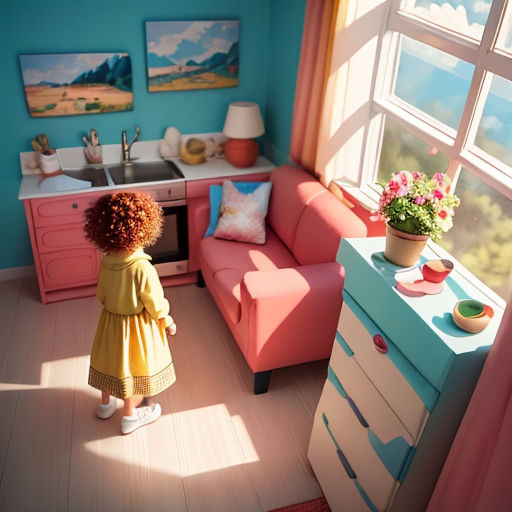
Boys were expected to stay at home, cook meals, and take care of their families. They were seen as nurturing and empathetic figures and were counseled to express their emotions openly. They invested their time in arts and crafts, creating beautiful home décor and splendid garments.
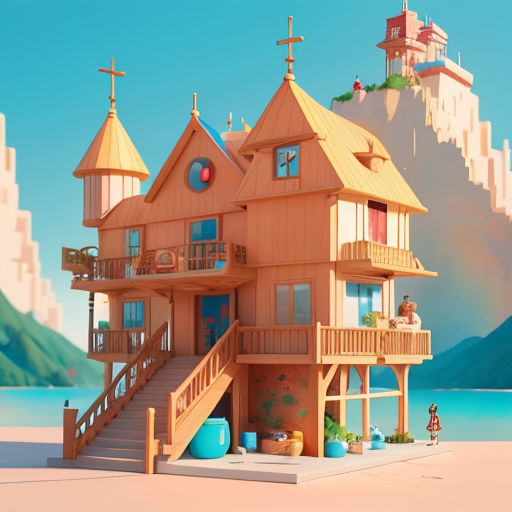
On the other hand, girls were trained to be strong and independent. They were encouraged to play sports, take on leadership roles and explore the world. They were builders, explorers, and warriors, a stark contrast to their male counterparts.
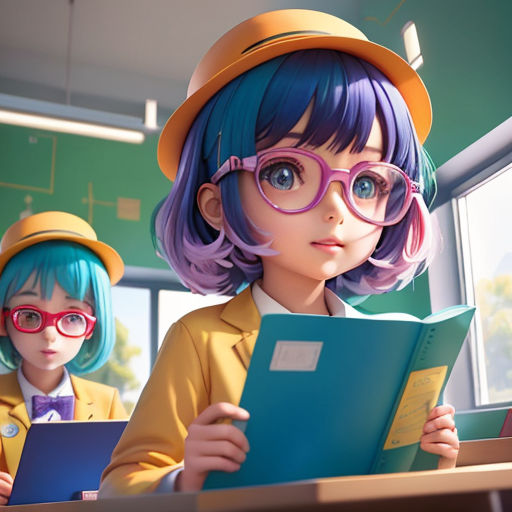
The schools in Vordal were quite unique. Girls excelled in science, math, and engineering, while boys were more proficient in literature, music, and art. Classrooms pulsed with vibrant discussions and lively debates.
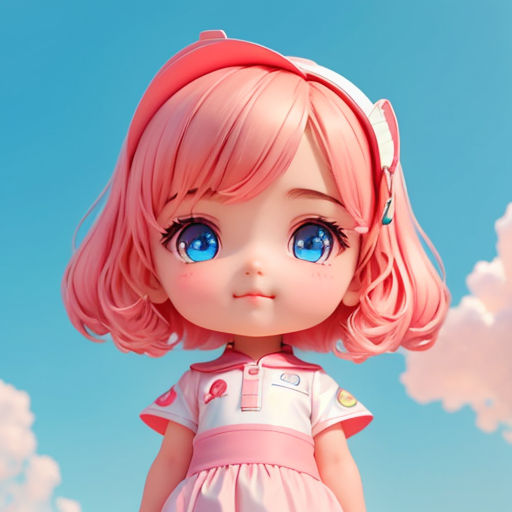
In this universe, the idea of beauty was also reversed. Girls were admired for their physical strength and intelligence, while boys were praised for their gentleness and nurturing nature.

The jobs that were considered 'for men' in our world were taken up by women in Vordal. They were engineers, doctors, astronauts, and soldiers. They enjoyed the thrill of adventure and the satisfaction of problem-solving.

Boys, however, were content with managing household work. They took great pride in cooking delicious dishes and maintaining their homes. They were also skilled at sewing, knitting, and other related crafts.

Politics was dominated by women. There were more female presidents, prime ministers and leaders than one could count. They were firm and just, making sure the society functioned smoothly.
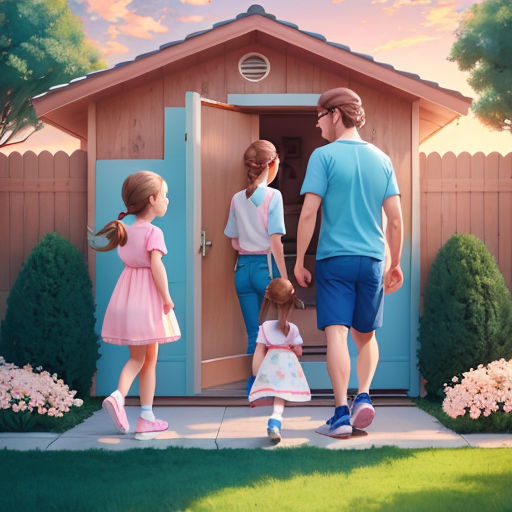
On the family front, it was the mother who worked late hours while the father looked after the children. Girls were taught to guard the home in case of danger, and boys were schooled on how to support and care for their families.

Vordal's sports world was dominated by female athletes. They competed in rigorous sports like soccer, basketball and boxing. The world cheered for these hardy women, celebrating their strength and will.
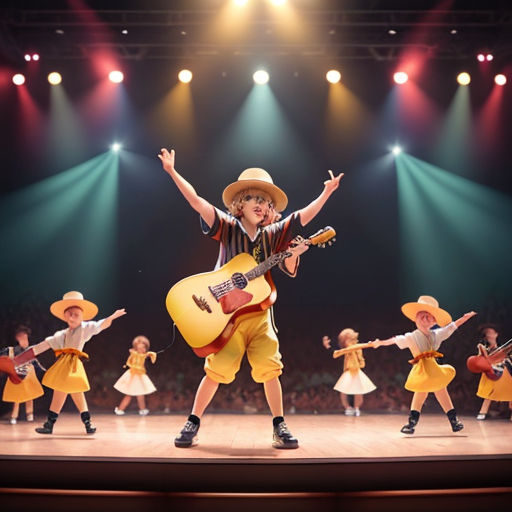
Meanwhile, the boys in Vordal took part in dance and music competitions. They were known for their artistic abilities, and events showcasing these talents were popular social affairs.
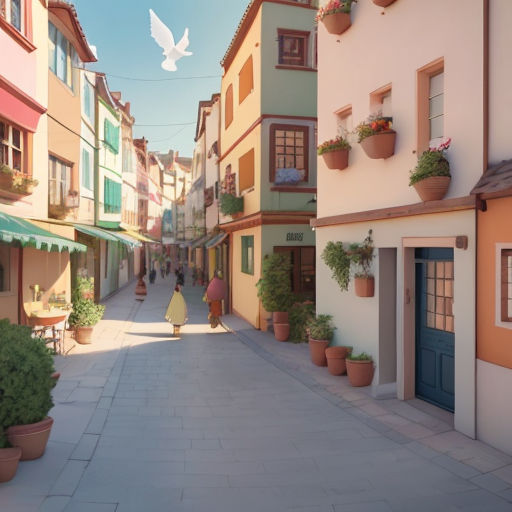
In spite of these reversed roles, there was a sense of happiness and contentment across Vordal. Everyone was seen as equal, and it was not the gender but the individual's competence that truly mattered.
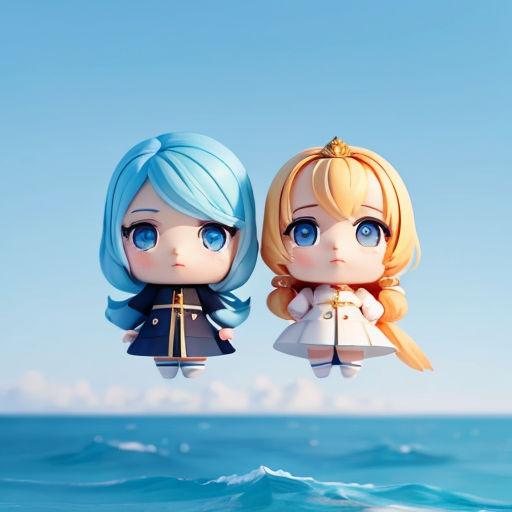
This alternate universe testified to the universality of skills and faculties. It proved that gender roles are mere societal constructs and they have nothing to do with an individual's abilities or preferences.
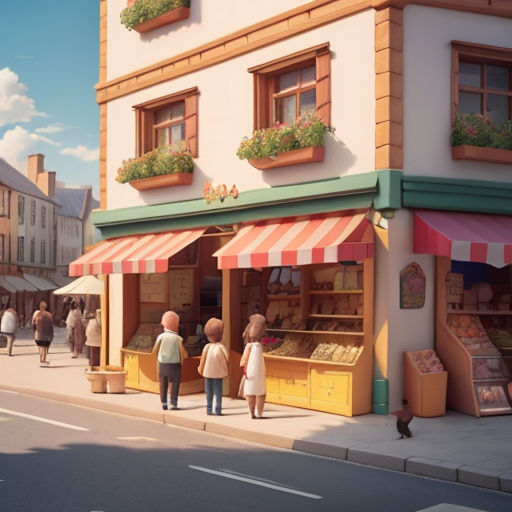
However, like every society, Vordal had its challenges. There were boys who yearned to have jobs like the girls and girls who wished to engage in homemaking, yet they feared societal judgment.
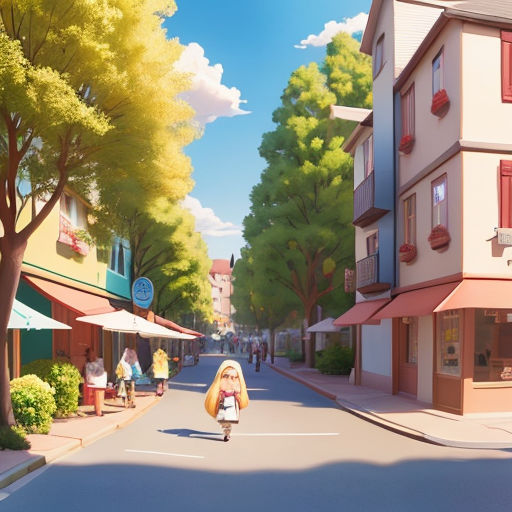
But with time, the residents of Vordal began to understand gender fluidity. They started accepting that anyone could do any job they wished for. It was a slow process, but it ushered in a new era of equality.
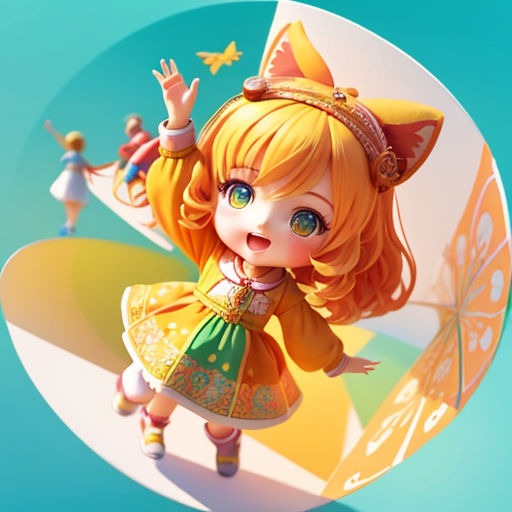
In Vordal, there were festivals to celebrate this newfound understanding. It was an annual reminder that gender could not restrict anyone from choosing their destinies. Everyone was free to be who they wanted to be.
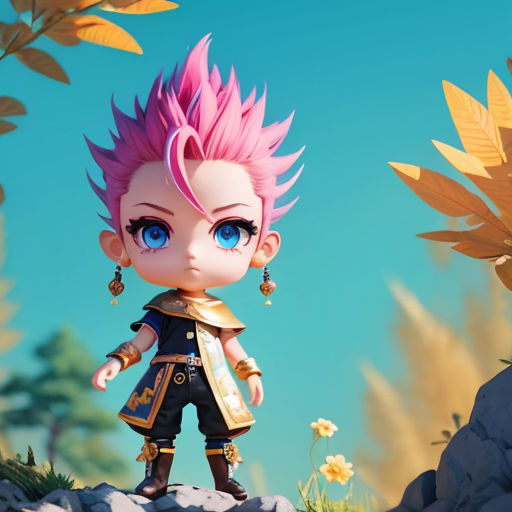
This was Vordal's journey towards true equality, breaking the shackles of gender roles. It was a story of resilience, acceptance, and revolution, a testament to the power of individuals to shape their society.

In the end, Vordal proved one thing: The confines of gender roles and expectations were limited only by one's imagination. It showed that any role could be performed by anyone, irrespective of their gender.

The beauty of their universe was in this balance. It was a world where children grew up understanding that they were not limited by their gender but empowered by their capabilities. This was Vordal, a universe like no other.
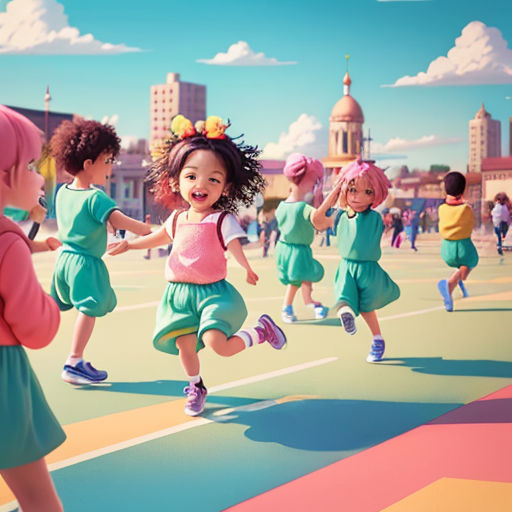
They taught us that society's norms and standards should never limit our potential or restrict our dreams. In Vordal, boys and girls enjoyed the freedom to be themselves, respected for their unique abilities and talents.
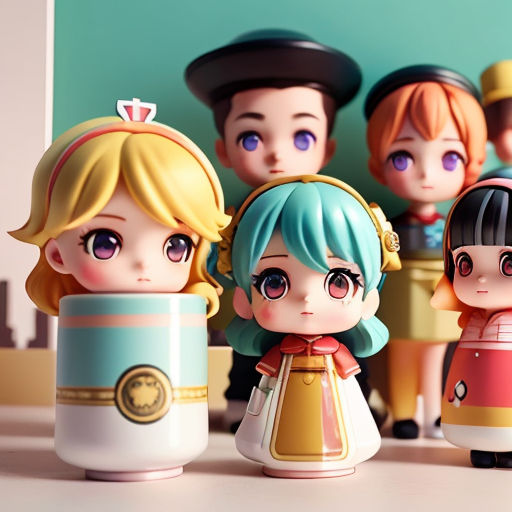
The story of this alternate universe is a reminder to our world about the importance of gender equality. It encourages us to question our preconceived notions about gender roles and strive for fairness and acceptance for all.
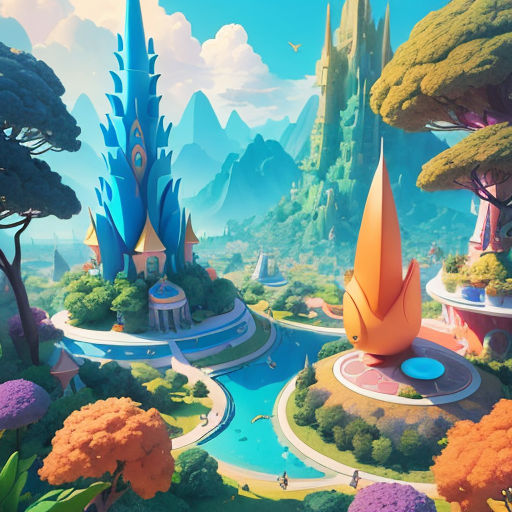
Life in Vordal was not perfect, and it was not meant to be. It was a world learning, growing, and evolving, just like ours. But it was a world that dared to step away from the conventional and embrace the different.
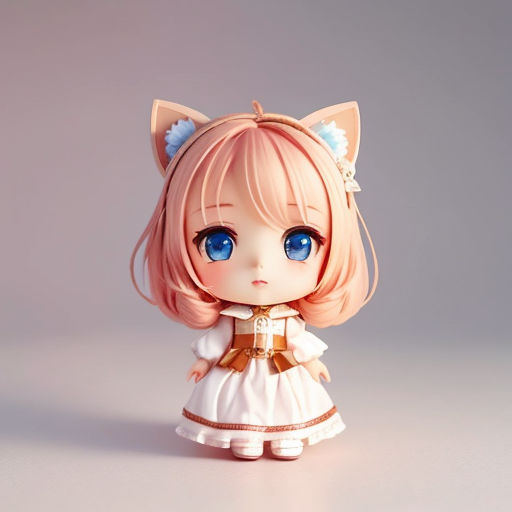
And so, this tale from the distant universe of Vordal continues to inspire us, echoing the timeless message of embracing diversity and shattering stereotypes - a message we should carry in our hearts for all our days.
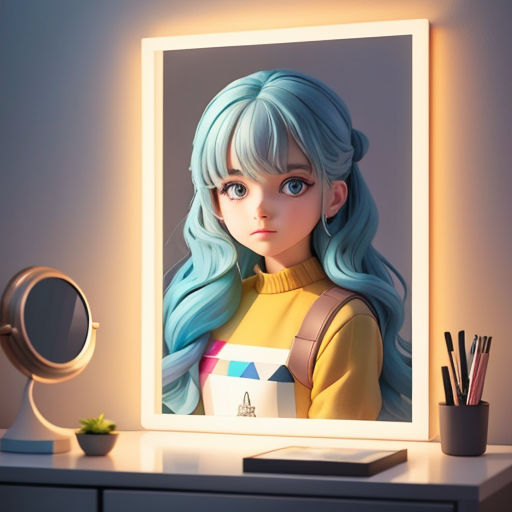
Let's remember Vordal as a mirror to our world, reflecting our flaws and biases. A mirror that encourages us to see beyond gender roles and strive for a society where everyone enjoys equal opportunities and respect.
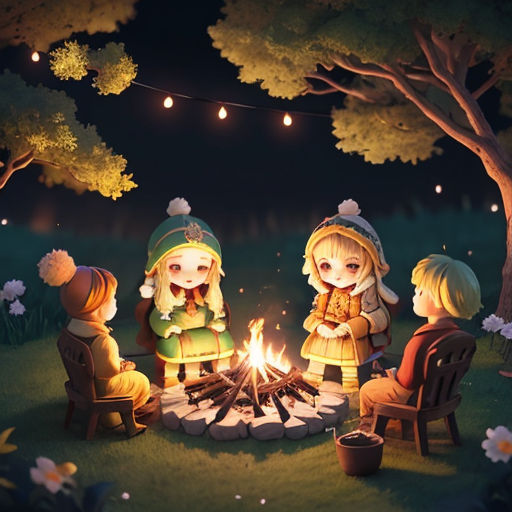
And as we weave tales of our own, let's not forget the lessons that Vordal has taught us. Let's break away from the conventions and explore the boundless possibilities of a world free from gender biases. Because that's where true equality lies.